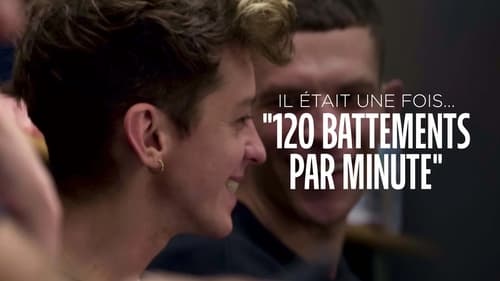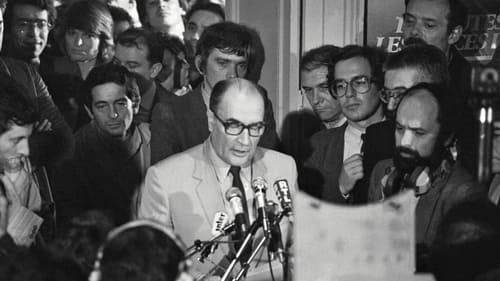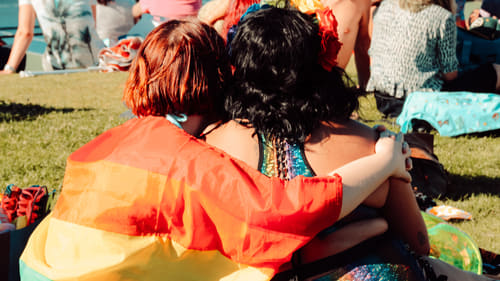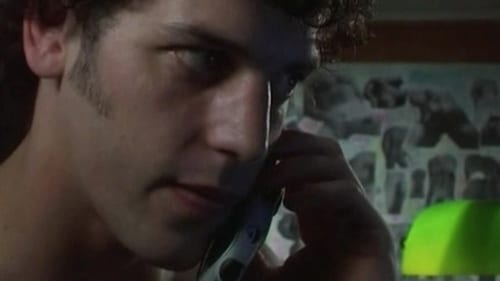Didier Lestrade
Nascimento : 1958-02-22, Mahdia, Algeria

Himself
Zaps, sit-ins, die-ins, flyers, parades: in the early 90s, to fight against the general indifference to the AIDS epidemic, the Act Up movement invented a new language, a new style of activism, spectacular and provocative, which still inspires new generations of activists. This is what this documentary aims to show, by going back into the genesis and making of BPM (Beats per Minute), the 2017 Cannes Film Festival's grand prize winner, six times winner of the Cesar award. The film also shows how BPM (Beats per Minute) intertwines autobiographical memories and romantic lyricism, as close as possible to historical reality, and how Act Up was for Robin Campillo the founding personal experience that made him a filmmaker.

Self
Fourty years ago, in May 1981, with François Mitterrand's election, some people were letting themselves dream about a better life while others were predicting the coming of soviet tanks upon the Champs-Élysées. If we gladly remember the turning point of austerity in 83, there were also the wage rises, the fifth week of paid leave, the abolition of death penalty, the decriminalisation of homosexuality, or the advent of independent radio stations. Rare archives and accounts by those who were at the heart of this story give an overview of it and shed light on lesser-known aspects.

A story of the LGBT struggle from the 1960s to the present, after the Stonewall riot sparked the militant action in New York that was to spread around the world. From San Francisco to Paris via Amsterdam, between the first Gay Pride, the election of Harvey Milk, the French "decriminalization", the AIDS epidemic and the first homosexual marriages, these few decades of struggle are embodied through numerous testimonies of actors and actresses of this revolution rainbow.

The parallel fates of a few inhabitants of a strange planet : the world of Internet gay encounters...

Self
"Homosexuality, this painful problem "... It was thirty years ago, the title of a program of Ménie Grégoire! But what has happened since the seventies, when France was transformed and the gay movement emerged? For gays and lesbians, thirty years of fights, hopes and despairs, thirty years of parties, sufferings and mournings, victories and emancipation. Thirty revolutionary years, pink and black, on which Yves Jeuland has examined, in an approach that is at once documentary, historian and ethnographer. First part: "Red years" (1971/1979) "Pink years" (1979/1984) Second part "Black years" (1983/1991) "Rainbow years" (1992/2002)

Young men find themselves scattered and defencelessly exposed to a merciless sun. Their gaze moves off searchingly into the distance. Deserted places appear to offer vague promises of refuge. On a prison wall, an explosive image of desire emerges, full of hope for freedom.




